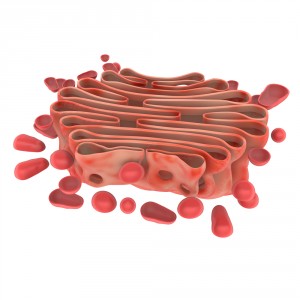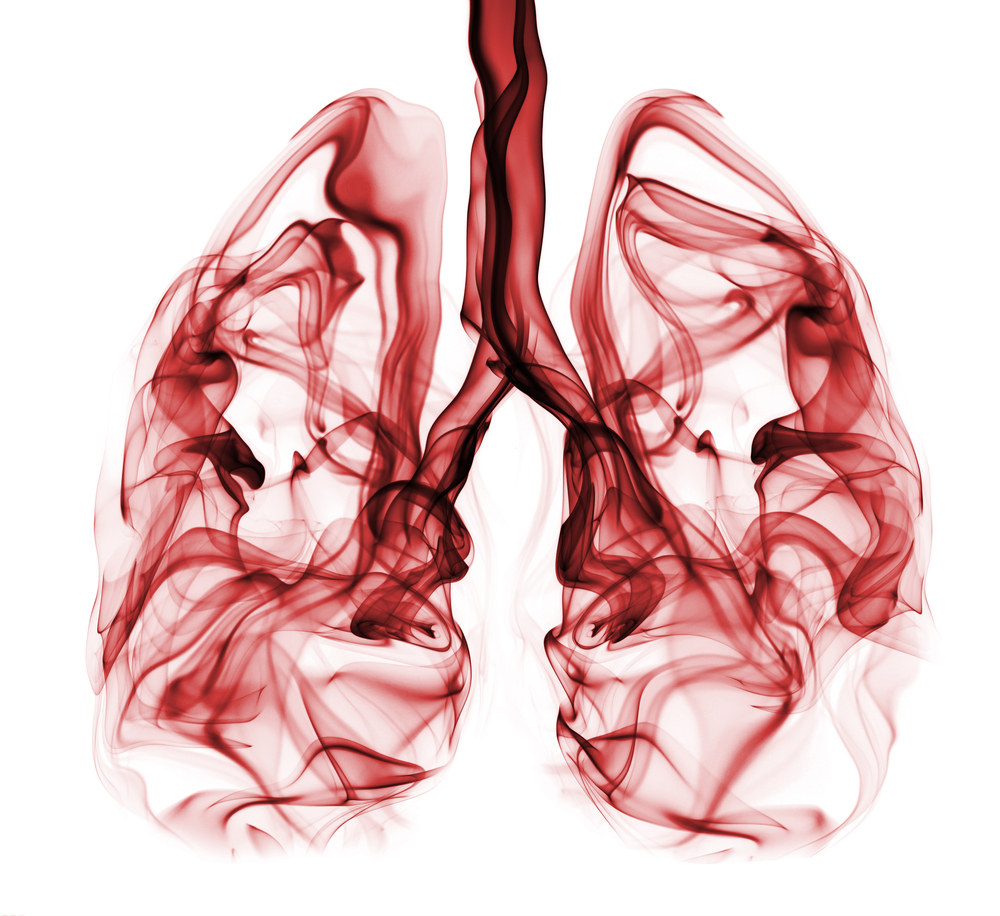 A recent study entitled “Pyruvate carboxylase is critical for non–small-cell lung cancer proliferation” shows that a key mitochondrial enzyme — pyruvate carboxylase — mediates important metabolic processes that are important for tumor growth and survival in early stages of non–small-cell lung cancer. The study was published in the Journal of Clinical Investigation.
A recent study entitled “Pyruvate carboxylase is critical for non–small-cell lung cancer proliferation” shows that a key mitochondrial enzyme — pyruvate carboxylase — mediates important metabolic processes that are important for tumor growth and survival in early stages of non–small-cell lung cancer. The study was published in the Journal of Clinical Investigation.
Cancer cells have an increased need for energy to support their high rate of proliferation and survival. As such, cancer cells reprogram cells’ metabolic pathways to meet their energy requirements. This metabolic reprogramming has been long acknowledged as a cancer hallmark. However, the metabolic pathways cancer cells hijack are context-dependent, therefore changing according tumor type and microenvironment. Mitochondria – cells’ energy factory — use the Krebs cycle to generate energy and provide intermediates for anabolic and glutathione metabolism. Two key enzymes — pyruvate carboxylase (PC) and glutaminase (GLS) — replenish the carbon used in Krebs cycle (a process known as anaplerosis) by acting on the major carbon sources, pyruvate and glutamine, respectively.
In this study, the team of researchers at the Markey Cancer Center, University of Kentucky determined whether PC and glutaminase 1 (GLS1) levels were increased in non–small-cell lung cancer (NSCLC) patients samples (they studied over 120 lung cancer patients). The authors infused patients with a stable glucose isotope (13C-labeled glucose) before the tumors were surgically resected. They found increased PC levels in the tumor tissue. The authors performed a metabolomics analysis (stable isotope–resolved metabolomics, SIRM) on freshly resected paired lung tissue slices where they confirmed the selective upregulation of PC in tumor tissue. No differences in GLS1 levels were observed. The team of researchers was capable of pinpoint the induction of PC levels occurring in cancer cells specifically, and not in the stromal cells of tissue tumor. To understand the functional relevance of PC increase to tumor biology, the team performed studies were they “knockdown” PC activity with shRNAs (small hairpin RNAs). They showed PC decrease resulted in a decrease of cell proliferation and an impaired ability to form colonies. In a mouse xenograft model, PC knockdown resulted in a reduction of tumor growth. According to the PC role in the Krebs cycle, its reduction led to disruption of the normal function of the Krebs cycle, leading to alterations in cellular metabolic pathways.
[adrotate group=”3″]
Thus, the teams’ findings show PC is a key enzyme in tumor proliferation and survival in early-stage NSCLC.
Teresa Fan, UK professor of toxicology and faculty member of the Markey Cancer Center and CESB at the University of Kentucky commented, “We now know much more about metabolic reprogramming of cancerous tissues in human patients, particularly that the activation of pyruvate carboxylase is important to lung cancer cell growth and survival. Ultimately, figuring out how to target PC may help researchers develop new, more effective therapeutic strategies to improve upon current lung cancer treatments, which are limited and harmful.”

